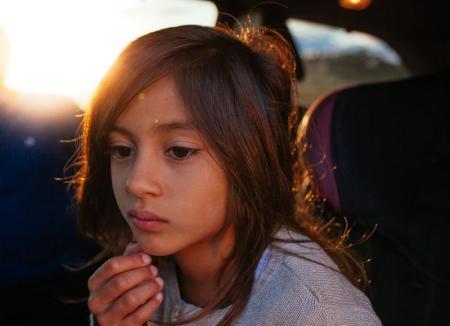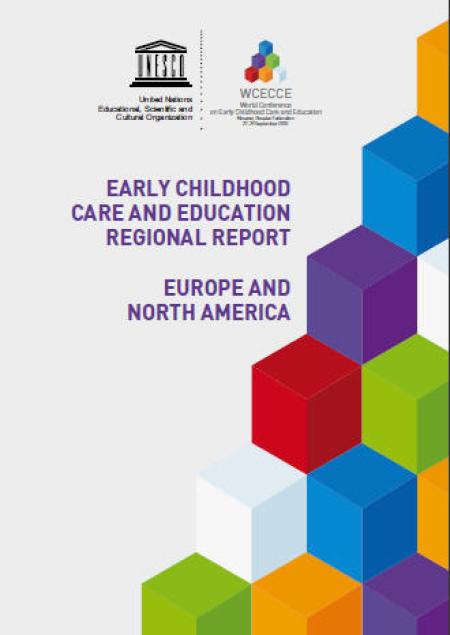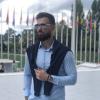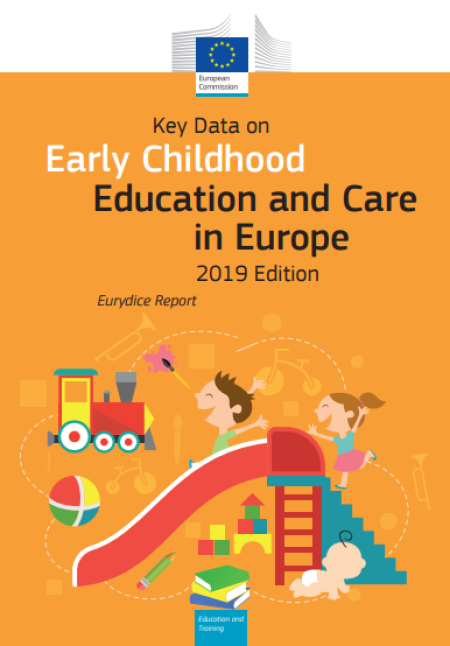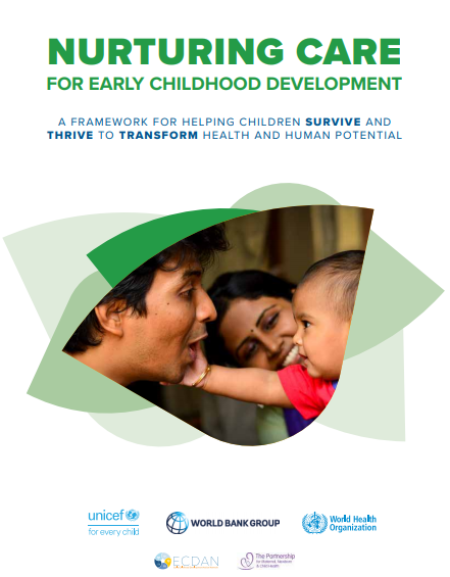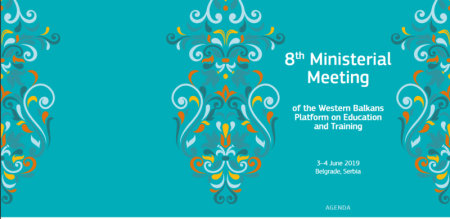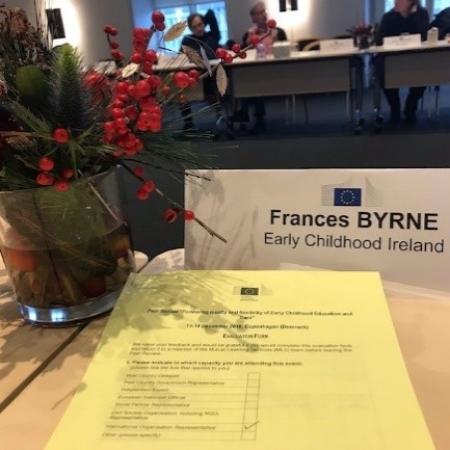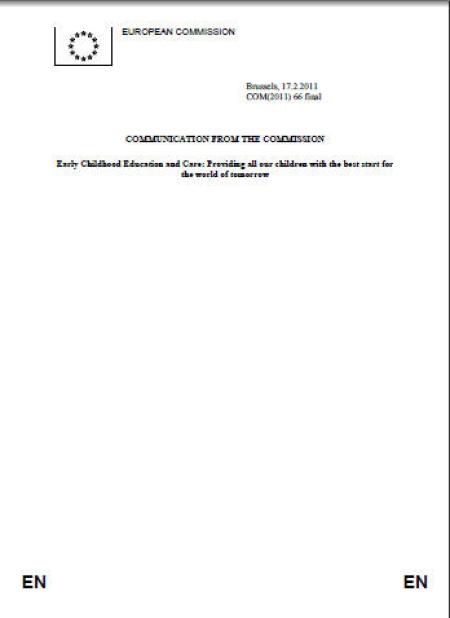
Study in Finland by University of Eastern Finland claims that finish children have a very positive attitude towards early childhood education and care (ECEC).
In 2018 Finland released a new ECEC legislation that put more emphasis on children’s interest and participation. Also, UN's Convention on the Rights of the Child states that all children shall be given the opportunity to raise their voices and express their opinions about issues.
Published in Early Child Development and Care this August, the study explored children's negative experiences of ECEC.
2,500 children (ages of 2 and 6 years) were asked about their negative experiences, which are associated with:
- interaction with peers – getting pushed around, hit or yelled
- play, discomfort, rules and restrictions
- guided activities and environmental factors
- the nap they had to take in the middle of the day
- their age and gender had a statistically significant effect on negative experiences in terms of interaction and guided activities
Positive experiences are in connection with:
- their own and guided activities – play and excursions
- family day care settings
- special days and trips
The goal of quality evaluation in ECEC is to find the strengths and set targets for development. These new findings can help to pay more attention to children’s resilience. When collecting data for the research, they involved also parents to support collaboration and build trust among families and ECEC. All in all, the participation of parents means some challenges, too.


